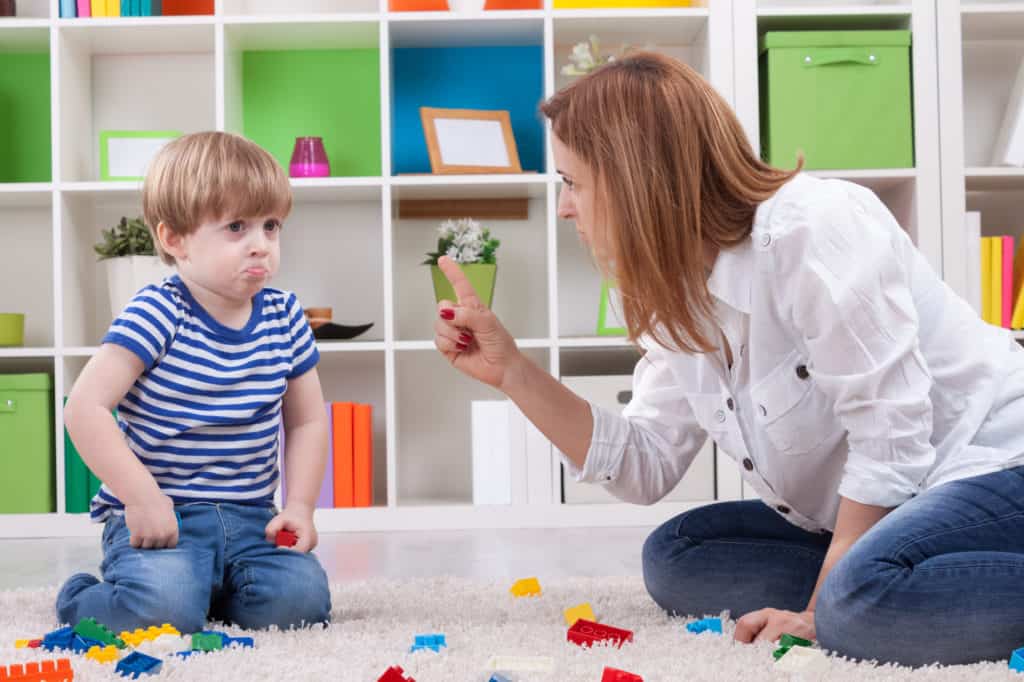Being selfish and ungrateful is not the prerogative of adults alone. Kids of all ages can be incredibly self-centered, demanding, and disrespectful. And, as a parent, this can be extremely frustrating.
Some level of selfishness is desirable in people of all ages, even a child, as this is the basic requirement to take good care of yourself. Being a bit selfish, you won’t allow others to take advantage of you or manipulate you.
It is when selfishness crosses a limit, it becomes undesirable and harmful. So, before labeling your child as ungrateful, selfish, and disrespectful, make sure that this is the case.
Often parents worry that the child will carry these negative traits into their adulthood and it will harm their future. There is some truth in this.
However, parents need to remember that gratitude is not just about saying the “magic words of good manners”. Such as “Thank you”, “Please”, and “Sorry”. These are merely the outward expressions of a gratuitous heart. Including these words in your vocabulary and saying them without meaning them is not gratitude.
Another point to note here is the usage of the words “to discipline”, “to teach a lesson”, and “to control”. These are wrong approaches to get the right results. And, often, they do not work or create more problems.
Also, take care to avoid giving ultimatums like “do this or else”. Anyone who understands a child would know that none of these will get you what you want. Remember respect begets respect.
So, we come back to the question – How to raise a grateful child? And, how to deal with acts of ingratitude in your child?
This article takes a hard look at the problem and comes up with some suggestions that you can try.
Why is a child ungrateful?
Before we look at how to instill gratitude in a child, we need to understand the reasons why they are ungrateful. After everything you have done for them, it seems unreasonable.
Most parents try to give their children the best start in their lives by providing them the best of everything, at times even going beyond their means. This is understandable because as parents, you want to make sure that your child’s world is perfect in every way.
In return we expect the child to appreciate everything they are enjoying, behave well, and show gratitude. However, looking at it from a child’s perspective, it is clear that they consider all their advantages and perquisites as entitlements.
Another reason for the ungrateful behavior is a lack of exposure to the realities of life. By over-protecting, your child is living in a bubble.
Parents unknowingly build expectations in the mind of a child. And when a child receives or experiences something that is expected, it is natural that they don’t feel grateful. After all, it was something they expected.
Another mistake parents do when raising their children is to take control of their lives. When parents make all the decisions for their children, naturally, they rebel against this. This trend will become more pronounced as they become older. This rebellion will show up as ingratitude.
Most often, parents are at fault for raising a child with character flaws like indiscipline and ingratitude. Not all is lost. With the proper attitude and correct approach, parents can correct this behavior in their children.
Here are some suggestions to parents for raising grateful children.

Ways to infuse gratitude in your child
Do remember that control, denial, punishment, and disciplinary methods do not work with children. Instead, try a softer, conciliatory approach. You have better chances of getting the desired results.
More than anything else, parents should learn to remain calm and patient. Or else, you will escalate the situation and make it worse than it already is.
1. Draw attention to their behavior
Every time you notice your child displaying ungrateful behavior, point it out without being insulting or losing your cool. For example, when you feel your child is not appreciative of the gift received, you may draw their attention like this.
“Your uncle got you something he thought you would like. It was nice of him to bring you a gift. He didn’t have to do that. Do you understand that complaining about the gift is ungrateful?”. Do not ever try the approach “Stop acting like a spoiled brat”.
Do this every time your child is being ungrateful without losing your temper. You can tell them how much money and thought went into the gifts they received. Point it out to the child that their behavior is hurting feelings. Or ask them to think how they would feel if their gifts were rejected by others.
2. Stop acceding to their every demand
In your desire to make your child’s world perfect, you overpamper them. Saying “yes” to their every demand, both materialistic and otherwise, can spoil them. Even as you try to give them everything, they will be asking for more and more. Learn to say “no” once in a while as the situation demands. Delayed gratification can work wonders.
Being a good parent doesn’t mean you buy your child every new toy they ask for. Even if you have the means to buy them. You could tell them to wait for an occasion like Christmas or birthday. Or you could ask them to save from their allowance to buy what they want.
It is a good idea to link good behavior with privileges. But be careful not to confuse this with bribing. “Here is the chocolate. Now be good” – that is bribing. This will lead to more demands and will end up worsening the situation.
Reward on the other hand can help your child get back on the right track. “You were so nice to the old lady next door. I am really proud of you. Shall we go out for an ice cream?”.
3. Impress the importance of empathy
Children are often ungrateful because they don’t understand how their words and behavior affect others. You can put it across like “When you say that our family is boring and we don’t do anything exciting and fun is not fair. You are hurting my feelings. We do go out on weekends and have fun playing games”.
Or “Do include your younger brother in the games. Give him some time and he will improve. Remember how you felt when you were excluded?”.
4. Show that kindness and compassion is rewarding
Take your child along with you when you do voluntary work. Seeing you helping others without expecting anything back from a young age can easily impress its importance on their minds. You can also ask them to do voluntary activities appropriate for their age.
Including kindness and compassion as a habit can be beneficial to a child in many ways. Gratitude is a natural progression from this. When the mind is thinking of ways to help others, it will have less time to think about what to expect from others.
Here are a few more suggestions to help your child learn to be grateful.
- Tell them the meaning of gift: A child should not look upon a gift as an entitlement. To this end, it is better to tell them the meaning of a gift. It is given voluntarily and freely without expecting anything in return. This means the least the child can do is to show gratitude. Or at least hide their disinterest or disappointment.
- Teach them good manners from an early age: There is no minimum age for this. Children can be taught age-appropriate manners and proper behavior. In fact, children take to this easily at a very young age and all parents need to do is to encourage the progress.
- Ignore it if it is a one-off incident: Just like adults have off days and mood swings, children too have their good days and bad ones. If their behavior is less than desirable on one occasion, just turn a blind eye and let it slide. Don’t make a big deal out of it.
- Don’t compare: One thing that always fails is to compare your child with another child or your own younger self. “Look how well behaved she is. You should learn from her”. This is the last thing your child wants to hear from you. Nor regale them with stories of your own generosity in your childhood. This just doesn’t work.
Final word
More than anything else, parents need to be role models for their children. If you want your child to listen and follow your advice, you need to walk the talk. You cannot expect your child to be an angel when you behave like a monster. It is as simple as that.
Recommended Reading:


